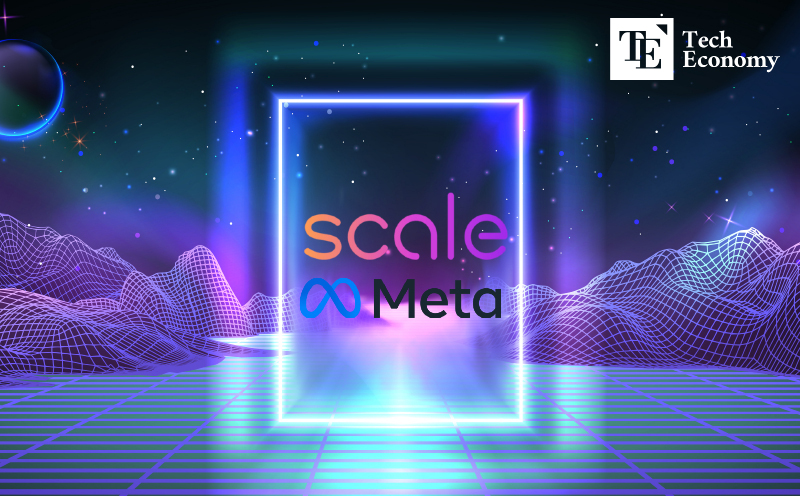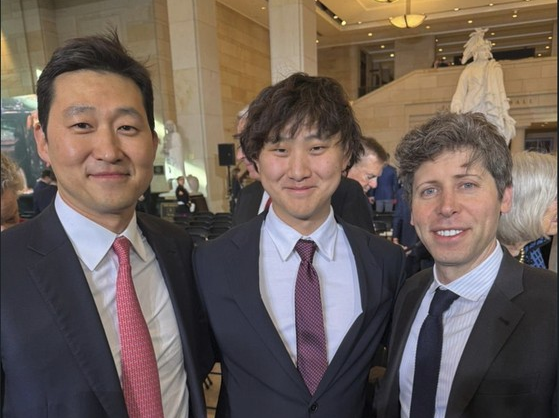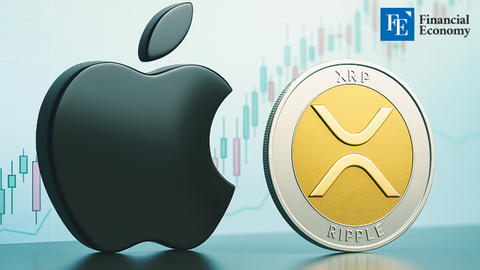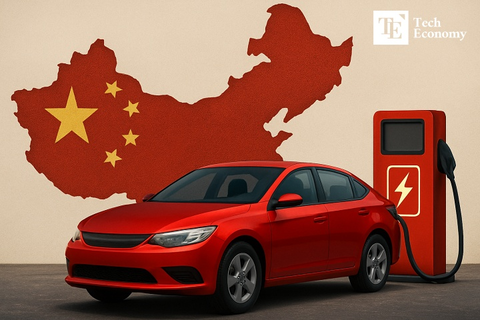Meta's Superintelligent AI Gamble: USD 15 Billion Bet on Data Giant Scale AI
Input
Modified
Meta Seeks to Acquire 49% Stake in Scale AI Plans to Establish Superintelligent AI Research Lab Using Scale AI Talent Major Overhaul Underway Following Weak Performance of AI Model 'LLaMA'

Meta, which owns the generative AI model "LLaMA," is planning a massive investment in Scale AI, the leading company in AI training data. Meta aims to establish a new "Superintelligence Lab" based on Scale AI's talent. Superintelligence refers to the next stage in AI development that surpasses human-level artificial general intelligence (AGI). As Meta falls behind Google and OpenAI in large language model (LLM) development, this move is seen as a strategic pivot to reclaim AI leadership.
Meta Seeks 49% Stake in Scale AI, Negotiating to Bring in CEO
According to reports from the Wall Street Journal, CNBC, and other foreign media on June 11 (local time), Meta is finalizing a USD 14 billion investment deal with Scale AI, led by CEO Alexandr Wang. Meta is also negotiating to bring Wang on board to lead AI research. Some forecasts suggest the investment may reach USD 15 billion or more. If completed, this would mark Meta’s largest external investment ever.
Through the deal, Meta will acquire a 49% stake in Scale AI. CEO Wang and key staff are expected to join Meta and lead the company’s new "Superintelligence Lab." Superintelligence refers to AI systems that exceed human cognitive abilities, going beyond AGI, which targets human-level intelligence.
Rather than acquiring Scale AI outright, Meta’s large-scale equity investment mirrors the strategies of Google and Microsoft, which have secured AI startup talent through partnerships or partial acquisitions. A similar example is OpenAI's recent acquisition of AI hardware startup "io," which brought on former Apple design legend Jony Ive.
This new lab is also seen as part of a broader restructuring within Meta’s AI division. The company has faced internal leadership conflicts, staff departures, and product failures. Although Meta launched its AI chatbot based on the LLaMA LLM series, the latest "LLaMA 4" model was delayed and failed to generate significant buzz. The next flagship model, "Behemoth," has also been postponed due to performance concerns. As a result, most of the 14 researchers leading Meta’s core AI efforts have reportedly left the company. Meta hopes that bringing in Wang will help it reassert itself in the AI race.

Data Labeling Becomes Crucial—Scale AI in High Demand
Founded in 2016, Scale AI rapidly grew by specializing in data labeling. The startup was initially backed by Y Combinator, the top Silicon Valley accelerator then led by OpenAI CEO Sam Altman. Scale AI built a business model that paid workers to label data for sale to AI developers. Initially, its major clients were autonomous vehicle companies, but its business surged as OpenAI ramped up LLM development, heavily relying on Scale AI for data labeling.
With the explosion of interest in ChatGPT in 2022, Scale AI saw a significant boost in business. Meta also became a client. Now, most major AI players—including OpenAI, Google, and Microsoft—are Scale AI customers, a testament to its technical edge and market dominance. As demand surges, the company's valuation has risen from USD 14 billion in 2023 to USD 25 billion in 2024, with revenue expected to more than double.
CEO Alexandr Wang became a billionaire as the company grew. In 2021, at age 24, he was named the world’s youngest self-made billionaire. As of April 2025, Forbes estimates his net worth at USD 3.5 billion. Wang is recognized for his extensive network within the AI industry. He once lived with Sam Altman during the COVID-19 pandemic and is well-connected across startups, big tech, and even government circles. He has attended elite gatherings like the Sun Valley Conference and was present at Donald Trump's inauguration in January 2025.

"It’s Not About Models, It’s About Data"—The Coming Data War in AI
Industry analysts say Scale AI’s rising value reflects the growing importance of data across all sectors—from IT to fashion and beauty—as companies incorporate AI into their operations. While technical innovation is crucial, high-quality, well-labeled data is increasingly recognized as the key to building smarter AI.
Data labeling plays a critical role in developing sophisticated AI tools. Often performed by low-wage workers in countries like Kenya and India, this labor-intensive task involves manually categorizing data—like identifying people or vehicles in autonomous driving footage or marking disease areas in medical X-rays. These workers typically earn USD 1.50–2 per hour, leading to criticisms of exploitation, though many in the industry argue that such labor is essential due to the massive volume of data required for training.
Labeling data is both time- and cost-intensive. Market research firm Cognilytica estimates that preparing and processing data accounts for 80% of an AI project’s total time. Other reports say labeling can take up 60–80% of development costs. The need for human oversight stems from AI’s current limitations in interpreting complex visual and audio content. As one tech insider noted, "A human can instantly recognize if a video is violent, but AI still struggles to make that distinction."
With tech giants like Meta turning toward superintelligent AI, the pace of AI evolution is expected to accelerate further. AI is already advancing from narrow AI (ANI), which handles specific tasks like voice recognition, toward AGI, capable of general cognitive functions. The next step is superintelligence—AI with intellectual capabilities surpassing humans.
Prominent experts like Nobel laureates Geoffrey Hinton (Physics) and Demis Hassabis (Chemistry, and CEO of DeepMind) predict that superintelligent AI could emerge within the next 10 years.





















